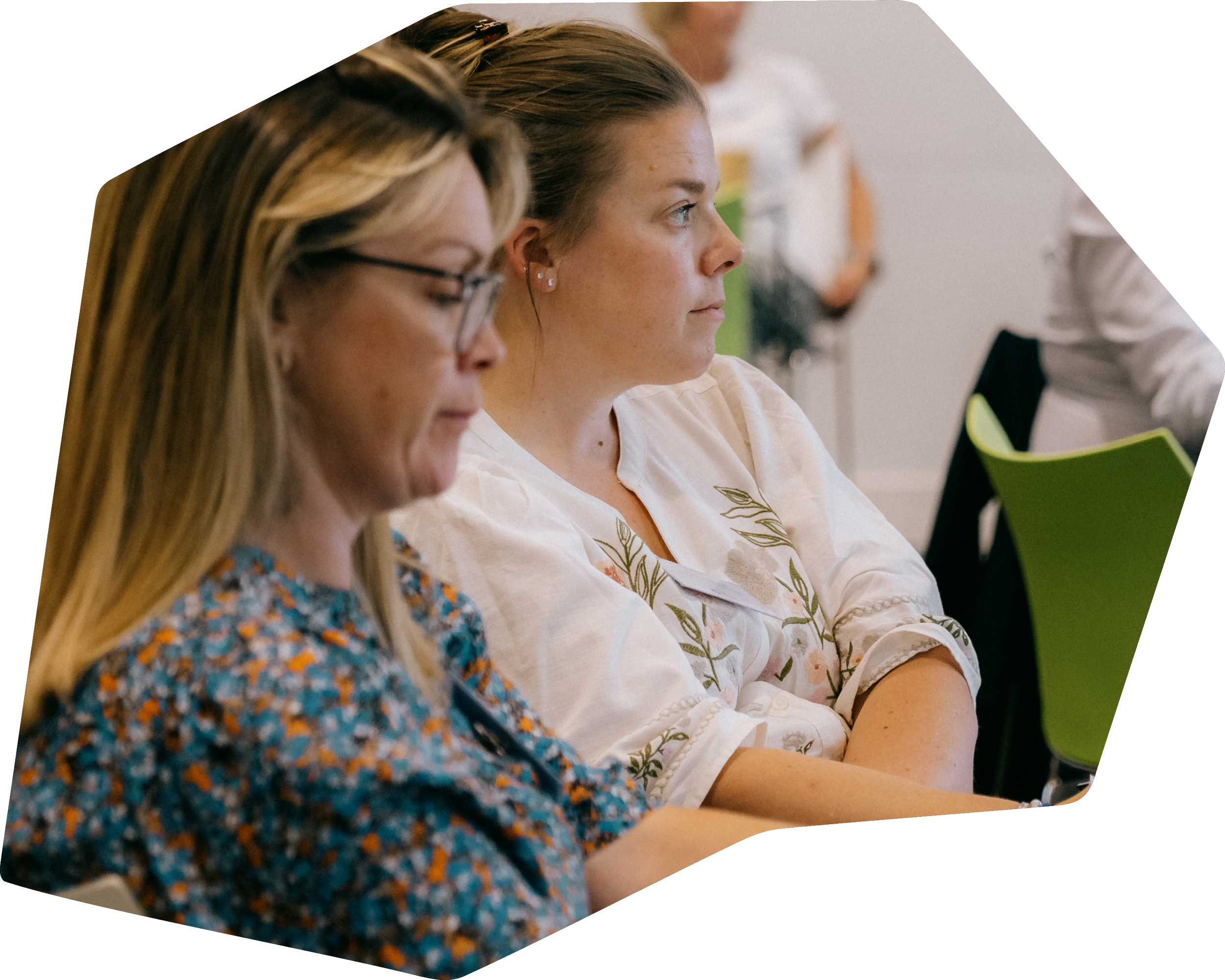Lab Classrooms
Lab Classrooms is a practical, reflective action research framework that supports educators to focus on specific aspects of their teaching practice, test new approaches, and evaluate their impact. It is designed to be flexible and accessible for educators at all stages, from middle leaders strengthening collaborative practice to experienced teachers exploring classroom dynamics in greater depth.
Lab Classrooms is about more than improving outcomes in the classroom. It is also about professional growth. Through the process, educators deepen their skills in reflective practice, action research and collaborative learning. These approaches can be applied not only to pedagogy, but also to wider priorities such as improving attendance, strengthening relationships and supporting wellbeing.
Ways to take part
You can engage in Lab Classrooms through one of two pathways.
Self guided project
Participants can undertake a self guided project using tools and resources available through our Digital Community. This includes identifying a research question, exploring evidence, creating an action plan, capturing baseline data and trialling an approach in practice. This pathway is available to Network Members and to participants in the Early Years or SEND School Improvement programmes.
Supported programme
Participants can also take part in a supported programme, working alongside a cohort and receiving coaching throughout the process. The programme usually runs from November through to the Summer Term. It is included as part of our School Membership and can also be accessed by non-member schools for an additional cost.
To find out more about Lab Classrooms and the best pathway for you or your school, contact us today.
Our supported programme provides guided support on the following strands :
-
Strengthening the way feedback is given, received, and acted upon to deepen learning.
E.g. How can structured peer critique improve the quality of student writing? -
Embedding reading, writing, and language development across the curriculum to unlock learning in every subject.
E.g. How can disciplinary literacy approaches improve understanding of key concepts in science? -
Helping students to understand, monitor and direct their own learning.
E.g. How can metacognitive strategies support students to persevere when facing challenging tasks? -
Developing students’ ability to think, learn, and express themselves through talk.
E.g. How does explicit teaching of talk structures improve collaborative problem-solving in maths? -
Creating opportunities for learners to take ownership of their learning and make meaningful choices.
E.g. How can project-based learning increase student agency in KS3 humanities? -
Designing learning that enables every student to thrive, with particular attention to those with SEND.
E.g. How can scaffolding approaches be adapted to support the independence of students with additional needs?

